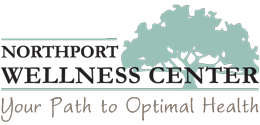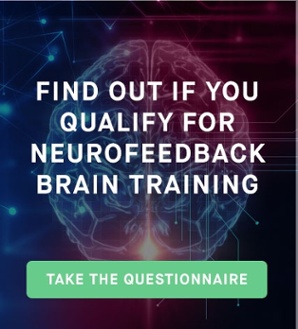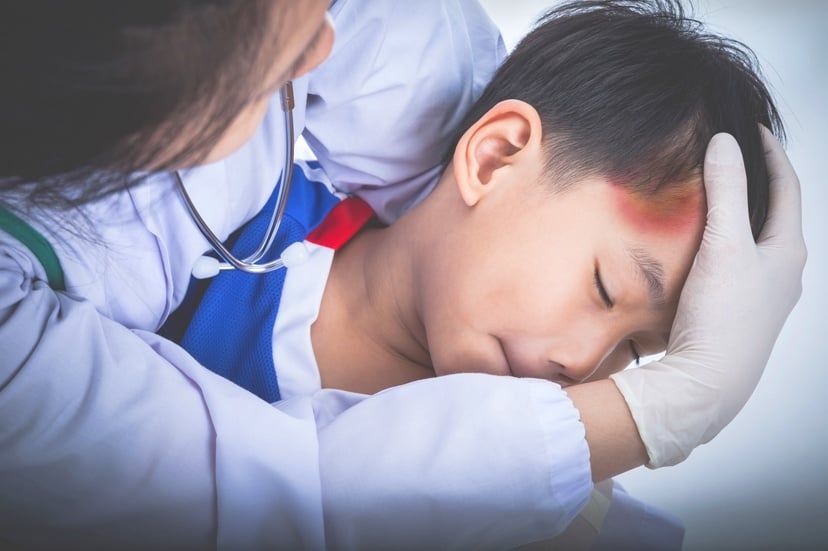
The number of children with autism has been steadily increasing for years. According to a report by the Centers for Disease Control and Prevention, one in 68 children are currently diagnosed with autism—compared to 1 in 150 children in 2000. Parents and caregivers continue to explore all treatment options to obtain the best care and prognosis for their child.
Finding a Treatment Plan that Works for Your Child’s Individual Needs
It can be heartbreaking to see your child struggle with autisum. As a parent, you naturally want to make everything better. You work with your county or school district to obtain services that can help your child improve academically and socially. But of course, you want to do more to help your child heal and recover and experience a greater quality of life. And you can.
Alternative therapies extend beyond those provided by traditional services provided by teachers and therapists, as they address underlying causes and symptoms of autism that may not be addressed through conventional therapy. Seeking guidance and support from your physician or health care provider to create a thorough treatment plan can have a huge impact on your child's health, wellness and quality of life. It can even enhance the success of the more traditional services your child currently receives.
Holistic treatment programs for children with autism utilize natural remedies and therapies that have little to no side effects. Many factors play a role in determining which treatments are most likely to be effective for a particular individual. Factors include the age, severity of your child’s disorder and any health challenges or conditions that may be present. Since every child is different, developing a universal treatment plan is nearly impossible. However, there are common holistic therapies that are often successful in treating children with autism.
The Northport Wellness Center’s holistic autism treatment program includes several therapies that can help your child feel better and improve in all areas of their life:
1. Chiropractic
Chiropractic care isn’t just for people with bad backs; this service can be used in treating those who present symptoms of autism, as well. A 2014 study involving a three-year-old girl with autism demonstrated the positive effects of chiropractic services. By the end of the study, the young girl was taken off of her medications and still showed improvement in her condition. She was able to make eye contact with others—something she had struggled with prior to the study—and she was making advances in speech therapy (another common treatment for children with autism).
2. Neurofeedback
Although many people may not be famililiar with neurofeedback therapy, it may be just what your child needs to improve his or her ability to focus.
Christina Gravinese and Dr. Jason Pape, both neurofeedback providers at the Northport Wellness Center, point out that many of their patients are young children who have been diagnosed with autism. Ms. Gravinese often recommends chiropractic care along with neurofeedback therapy because the two treatments pair well together. Chiropractors are “working with the nervous system as far as the body is concerned," Ms. Gravinese explains. "I’m working with the nervous system from the neck up, as far as the brain is concerned.” When the child is receiving both therapies, the results are often that much greater.
3. Nutritional Counseling
It’s no secret that nutrition impacts health. You know the old saying: “You are what you eat." Studies have indicated that there may be a connection between nutrition and autism treatment. Autism Speaks, an organization that supports families coping with autism, reported that removing certain foods from a child’s diet, such as dairy products and gluten, can help improve their condition. Getting a nutritionist’s opinion and determing the right meal plan for your child may prove very beneficial.
4. Acupuncture
Acupuncture is a type of natural treatment for autism that promotes relaxation and pain relief. Depending on your child’s individual needs, acupuncture may help reduce social anxiety and muscle pain.
5. Psychotherapy
Psychotherapy or health psychology can assist with reducing an autistic child’s anxiety and stress levels. According to The National Psychologist, an online publication, psychotherapy can also be a useful tool in evaluating a child’s strengths and weaknesses and assessing where improvements have been made.
6. Hyperbaric Oxygen Therapy
Getting enough oxygen is essential for everyone, not just people with autism. Hyperbaric oxygen therapy is a type of treatment that pumps 100 percent pure oxygen to organs and tissues in the body, increasing the amount of oxygen in the blood and promoting blood vessel production. Hyperbaric oxygen therapy may assist in improving symptoms of your child’s autism, particularly in regards to improving concentration, strengthening the immune system, and decreasing any inflammation he or she is experiencing that is hindering their ability to thrive.
7. Physical Therapy
Because some children with autism struggle physically, incorporating physical therapy into their holistic autism recovery plan could be advantageous. As pointed out by MoveForwardPT, an official website of the American Physical Therapy Association, children who show symptoms of autism can increase their motor skills and stamina, improve coordination, and strengthen their muscles with the help of physical therapy.
Learn more about the Northport Wellness Center and our autism recovery program.












